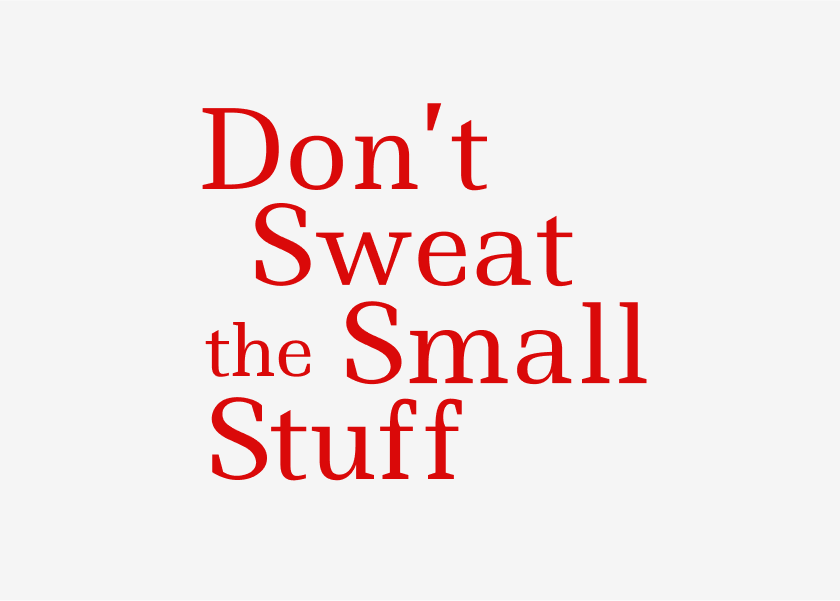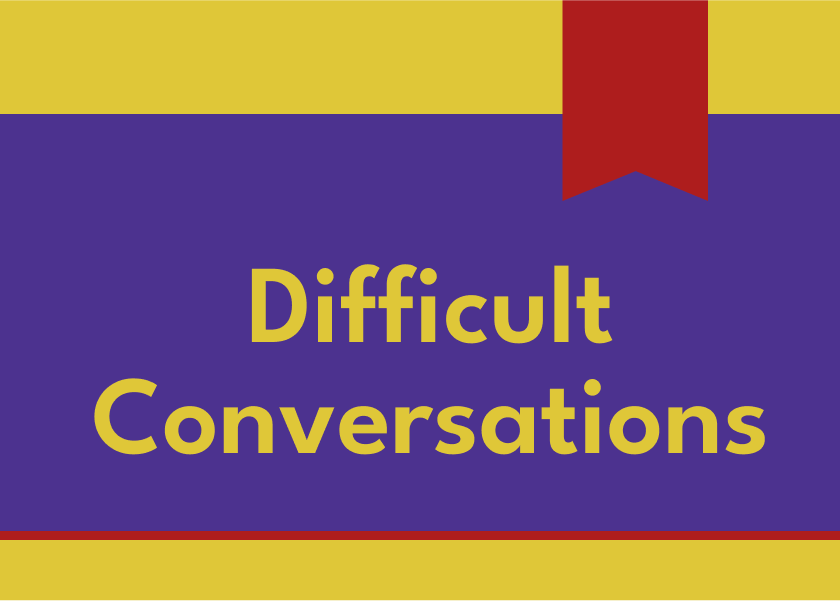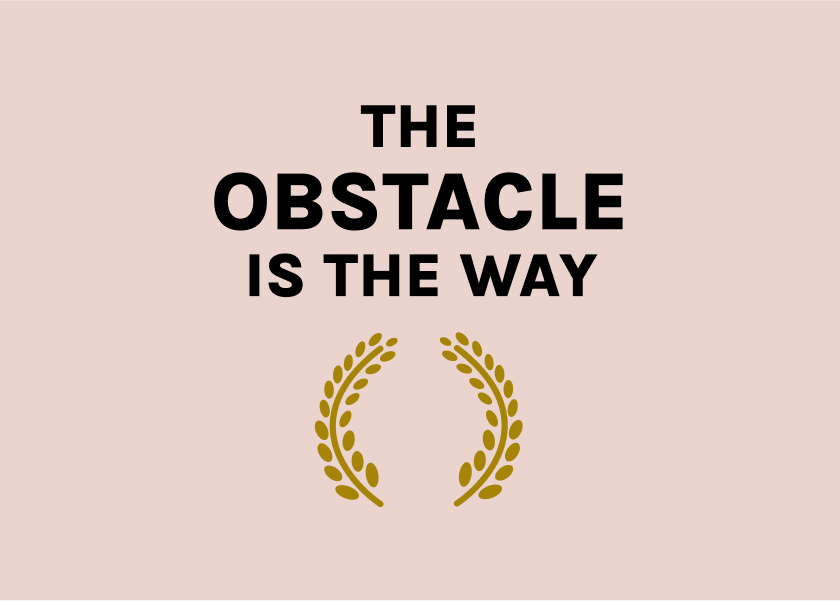Don't Sweat the Small Stuff by Richard Carlson - Summary
Stop letting little things control your life! This book offers simple, powerful strategies to find inner peace, reduce stress, and enjoy life more. Learn to let go, gain perspective, and discover that it's all small stuff. Start your journey to a calmer, happier you today!

The following is a summary and review of the book Don't Sweat the Small Stuff by Richard Carlson.
Listen to ShelfHelp's podcast summarising Don't Sweat the Small Stuff by Richard Carlson.
Your Guide to a More Peaceful Life
Are you tired of feeling overwhelmed by the little things? Do daily annoyances and minor setbacks often snowball into significant stress and frustration? In a world that constantly demands our attention and energy, it’s easy to get caught up in the minutiae and lose sight of what truly matters. Richard Carlson’s Don’t Sweat the Small Stuff…and It’s All Small Stuff offers a refreshing and practical antidote to this pervasive problem. This popular self-help book provides simple yet powerful strategies to help you regain perspective, cultivate inner peace, and ultimately enjoy a more relaxed and fulfilling life. Whether you're short on time or simply seeking actionable tips for a calmer existence, this summary will provide you with a valuable overview of Carlson's key insights and encourage you to delve deeper into the full text.
Table of Contents
- About the Author
- Who Should Read This Book?
- Key Insights and Themes
- Detailed Summary
- Review
- Actionable Takeaways
- FAQs
- Conclusion
About the Author
Richard Carlson, Ph.D. (1961-2006), was a renowned American author and speaker specialising in stress management and happiness. He penned numerous bestselling books in the Don't Sweat the Small Stuff series, applying his core philosophy to various aspects of life, including money, family, work, and relationships. With a compassionate and accessible writing style, Carlson's work resonated with millions seeking practical strategies for navigating life's challenges with greater ease. His dedication to helping people find inner peace established him as a significant voice in the self-help genre.
Who Should Read This Book?
This book is a valuable resource for anyone who:
- Frequently feels stressed, anxious, or overwhelmed by daily hassles.
- Struggles with overreacting to minor inconveniences or disappointments.
- Wants to improve their relationships by becoming more patient and understanding.
- Seeks to reduce negativity and cultivate a more positive outlook on life.
- Desires to find greater inner peace and contentment in their everyday experiences.
- Feels like they are constantly rushing and living in a state of emergency.
- Wishes to let go of perfectionism and embrace imperfection.
Whether you are dealing with work-related stress, relationship problems, or simply the general frustrations of life, "Don't Sweat the Small Stuff" offers simple yet powerful techniques to shift your mindset and respond to life's challenges with more grace and ease.
Key Insights and Themes
Here are some of the key takeaways and main ideas from "Don't Sweat the Small Stuff…and It’s All Small Stuff":
- The vast majority of things we worry about are "small stuff" and ultimately inconsequential in the long run.
- Our reactions to events, rather than the events themselves, are the primary source of our stress and unhappiness.
- By consciously choosing to not "sweat the small stuff", we can significantly reduce stress and improve our overall well-being.
- Cultivating compassion, patience, and understanding towards ourselves and others is crucial for inner peace.
- Learning to live in the present moment and let go of the need for perfection allows us to appreciate life more fully.
- Shifting our perspective and looking for the positive in challenging situations can transform our experience of life.
- Practising gratitude, kindness, and service to others enhances our own sense of happiness and contentment.
- Letting go of the need to be right all the time and allowing others to have the glory fosters better relationships and reduces conflict.
- Recognising that life isn't always fair and surrendering to this fact can be a liberating insight.
- Inner peace is a conscious choice and can be cultivated through simple, daily practices.
Detailed Summary
Carlson's book presents 100 distinct strategies, each a simple yet potent tool for transforming your relationship with the "small stuff" of life. These strategies can be broadly grouped into the following themes:
Changing Your Perspective and Mindset
A fundamental principle is to recognize that many things we get worked up about are actually not significant in the grand scheme of life. It's crucial to alter your attitude towards difficulties. Be mindful of how quickly negative thoughts can escalate and create unnecessary stress. Instead of overreacting, learn to let go of minor irritations. Practice living in the present moment rather than dwelling on the past or worrying about the future. Imagine that others are enlightened, which can foster patience and reduce judgment. Understand that everyone has their own perspective and "separate reality". Adopt the mindset that life is a test, not an emergency. Remember that one hundred years from now, all new people will be living, which can help to put current concerns into perspective.
Managing Stress and Emotional Reactions
Lower your tolerance to stress by catching it early before it intensifies. Remind yourself frequently that life isn't an emergency. Practice relaxation techniques and recognize that relaxation is a state of mind accessible regularly, not just for special occasions. When upset, breathe before you speak to gain composure and perspective. Choose your battles wisely, recognizing that many arguments over "small stuff" detract from inner peace. Become aware of your moods and avoid being misled by negative feelings, understanding that they will pass. Practice ignoring negative thoughts rather than analyzing them, as they are just thoughts that don't require your engagement. If someone presents a problem to you, remember that you don't always have to "catch the ball" and become involved.
Improving Relationships and Interactions with Others
Develop your compassion for others. Practice doing nice things for others anonymously, for the intrinsic joy of giving. Let others have the glory and resist the urge to always seek attention for yourself. Become a better listener and seek first to understand others before trying to be understood. Don't interrupt others or finish their sentences, as this disrupts communication and creates tension. Choose being kind over being right in interactions. Tell people you love them. Be the first one to act lovingly or reach out to mend rifts, rather than holding onto resentments. Practice humility and resist the urge to constantly prove yourself to others. Avoid criticizing others and recognize that criticism reflects your own need to be critical rather than the person being criticized. Search for the grain of truth in other people's opinions, even if you disagree.
Cultivating Inner Peace and Happiness
Set aside quiet time every day for reflection and solitude. Practice gratitude by spending a moment each day thinking of someone to thank and someone to love. Imagine yourself at your own funeral to gain perspective on what truly matters in your life. Allow yourself to be bored occasionally, as it can lead to peace and mental clarity. Write a heartfelt letter once a week to express love and gratitude. Develop your own helping rituals as a way to integrate kindness into your life. Tell at least one person every day something you like, admire, or appreciate about them. Remember that everything has a deeper significance or "God's fingerprints" on it.
Self-Awareness and Personal Growth
Become aware of your own limitations and avoid arguing for them, as this reinforces them. Be willing to learn from friends and family, as they often have valuable insights. Practice humility by resisting the urge to brag. When in doubt about whose turn it is to do a mundane task, like taking out the trash, just do it. Avoid "weatherproofing" by resisting the urge to point out potential problems or imperfections. Practice being flexible with changes in your plans, understanding that inflexibility leads to stress. Get comfortable with not knowing all the answers. Acknowledge the totality of your being, accepting both your positive and negative aspects. Cut yourself some slack and don't strive for perfection in applying these principles; view setbacks as learning opportunities. Stop blaming others when things go wrong and take responsibility. Experiment with your "back burner" by allowing your mind to work on problems subconsciously while you focus on other things.
Living a Purposeful and Meaningful Life
Think of your problems as potential teachers, seeking the lessons they can offer. Redefine a "meaningful accomplishment" to include inner qualities like kindness and peace, not just external achievements. Listen to your feelings, as they provide guidance about whether you are on a path towards peace or conflict. Consider becoming an early riser to gain quiet time for yourself before the demands of the day begin. Make service an integral part of your life by looking for opportunities to help others. Do favours without expecting anything in return, recognizing that giving is its own reward. Practice random acts of kindness to experience the joy of giving. Look beyond behaviour and try to see the innocence in others' actions. Fill your life with love by being a source of love yourself. Give up on the idea that "more is better" and appreciate what you already have. Keep asking yourself, "What's really important?" to maintain focus on your priorities. Mind your own business and avoid getting overly involved in the issues of others. Look for the extraordinary in the ordinary moments of life. Experiment with putting things on your "back burner" mentally to allow for subconscious problem-solving. Do one thing at a time to be more present and effective. Practice being in the "eye of the storm" by remaining calm amidst chaos. Understand that life is a "passing show" and everything is temporary.
Review
Don't Sweat the Small Stuff…and It's All Small Stuff is a simple and accessible guide to reducing stress and enhancing happiness. Its strength lies in its bite-sized, easily digestible strategies that can be immediately implemented. Carlson’s writing is compassionate and encouraging, making the reader feel understood and supported. The book’s popularity stems from its universally relatable message that many of our daily anxieties are indeed about "small stuff" that doesn't warrant such significant emotional investment. The anecdotal style and clear explanations make the concepts easy to grasp and remember.
However, some readers might find certain strategies to be repetitive or even obvious. The sheer number of tips, while comprehensive, could also feel overwhelming to some. Additionally, while the book offers valuable insights into managing everyday stress, it might not delve deeply enough into addressing more significant or chronic mental health challenges. It's important to note that for serious issues, seeking professional help is always recommended. Nonetheless, for those looking for practical and gentle guidance on navigating the daily frustrations of life with more peace and perspective, Carlson's book remains a valuable and enduring resource.
Actionable Takeaways
Here’s how to apply these lessons in real life:
- Start each day by asking yourself, "Will this matter a year from now?". This simple question can help you gain perspective on current worries and determine if they truly deserve your emotional energy.
- Make a conscious effort to listen more attentively in your conversations. Resist the urge to interrupt or formulate your response before the other person has finished speaking. This simple act can significantly improve your relationships and reduce misunderstandings.
- Choose one small act of kindness to perform each day, without expecting anything in return. This could be holding a door open, offering a compliment, or helping a neighbour. Focusing on giving can shift your attention away from your own worries and bring a sense of fulfillment.
- Schedule just 10-15 minutes of quiet time for yourself each day. Use this time for meditation, reflection, or simply enjoying the silence. Regular quiet time can significantly reduce stress and improve your overall sense of calm.
- The next time you feel yourself getting angry or frustrated by someone else's actions, try to "see the innocence" in their behaviour. Remind yourself that everyone is doing the best they can with their current understanding and circumstances.
FAQs
- What is the main message of "Don't Sweat the Small Stuff…and It’s All Small Stuff"? The core message is to recognise that most of the things we worry about in daily life are insignificant in the grand scheme of things and that by changing our reactions to these "small stuff" issues, we can significantly reduce stress and increase our happiness.
- Is "Don't Sweat the Small Stuff" worth reading? Yes, particularly if you frequently feel overwhelmed by daily stressors and are looking for practical, easy-to-implement strategies to cultivate a more peaceful and positive outlook on life. Its simple yet profound advice has resonated with millions.
- Does the book suggest ignoring important problems? No, the book encourages you to differentiate between truly significant issues and the multitude of minor irritations that often consume our energy. It advocates for not overreacting to the "small stuff" so that you have more emotional and mental resources to deal with what truly matters.
- Are the strategies in the book difficult to implement? No, the 100 strategies presented are designed to be simple and practical, easily incorporated into daily life. The book’s accessibility is one of its key strengths.
Conclusion
Richard Carlson’s Don’t Sweat the Small Stuff…and It’s All Small Stuff offers a timeless and invaluable guide to navigating the complexities of life with greater ease and joy. By embracing its simple yet powerful principles, you can learn to shift your perspective, manage your reactions, and ultimately cultivate a more peaceful and fulfilling existence. Remember, life is too precious to be spent worrying about the small stuff. Take action today by incorporating even a few of these strategies into your daily routine and begin your journey towards a less stressed and more content you.
As an Amazon Associate, ShelfHelp may earn money from qualifying purchases. Needless to say, ShelfHelp only includes affiliate links to books we recommend and think are worth your time reading.




